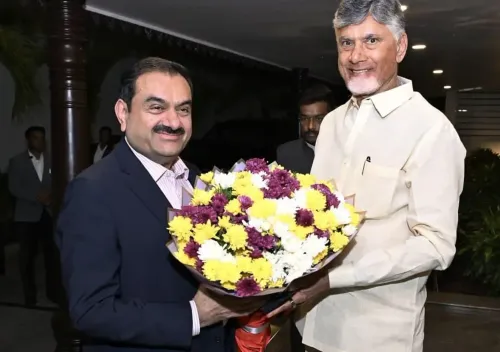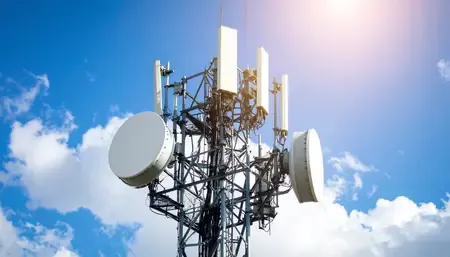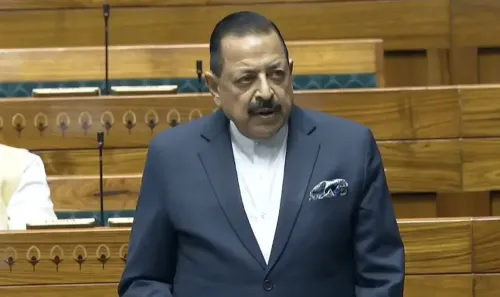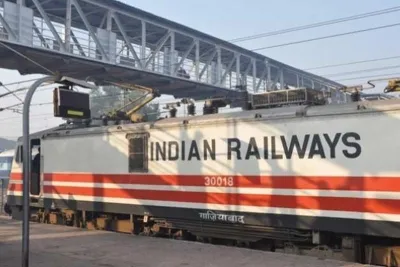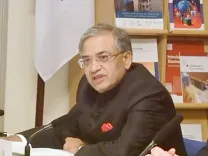How is the Government Enhancing Exports through Logistics Reforms?
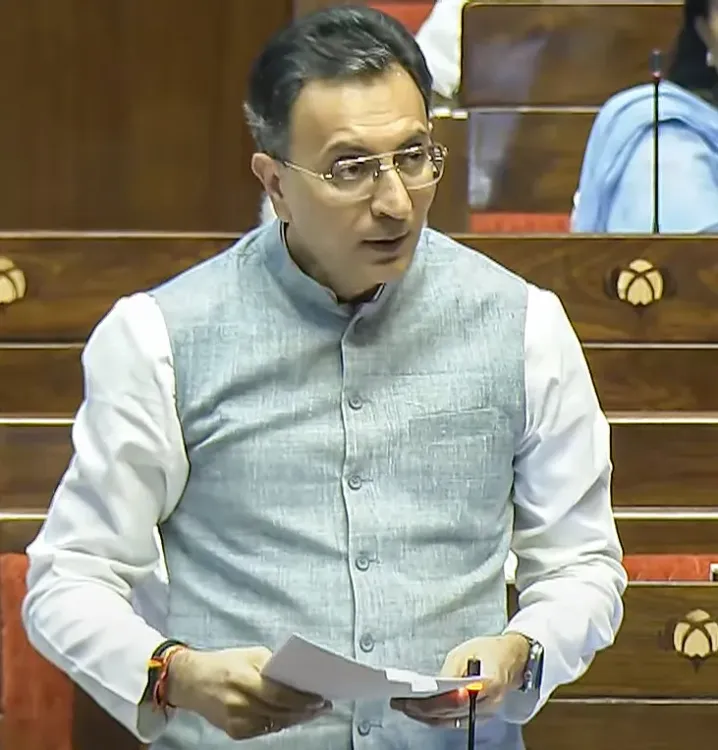
Synopsis
Key Takeaways
- India is enhancing exports through various logistics reforms.
- MSME involvement is being encouraged through targeted incentives.
- 14 PLI schemes are driving growth in multiple sectors.
- Recent trade agreements are set to boost international trade.
- Government initiatives aim to simplify export processes.
New Delhi, Aug 19 (NationPress) India is ramping up its initiatives to bolster exports by fostering MSME engagement, broadening Free Trade Agreements (FTAs), and introducing Production Linked Incentive (PLI) schemes, as reported to Parliament on Tuesday.
A total of 14 PLI schemes have been activated, alongside the National Logistics Policy (NLP), the National Industrial Corridor Development Programme (NICDP), and PM Gati Shakti, stated Jitin Prasada, Minister of State in the Commerce Ministry, in response to a Lok Sabha inquiry regarding actions taken to elevate India's export figures.
The government's focus on driving MSME involvement in international trade through export incentives, trade promotion activities, and digital platforms to simplify processes reflects its commitment in this area, the minister emphasized.
In July, a Comprehensive Economic and Trade Agreement (CETA) with the UK was finalized, and ongoing negotiations for the India-EU FTA aim for a conclusion by the end of the year, the minister disclosed.
The PLI schemes spanning 14 sectors, such as electronics, IT hardware, automobiles, and pharmaceuticals, have significantly boosted domestic production, job opportunities, and exports, according to the response.
The PLI Scheme for Large Scale Electronics Manufacturing has notably influenced the mobile manufacturing sector in India, with mobile phone exports skyrocketing from ₹1,500 crore in 2014-15 to over ₹2 lakh crore by 2024-25, the minister noted.
Moreover, the PLI Scheme for bulk drugs has positioned India as a net exporter of bulk drugs, achieving a trade surplus of ₹2,280 crore for the financial year 2024-25. In contrast, India was a net importer with a deficit of ₹1,930 crore in this sector during FY 2021-22.
Government initiatives like Districts as Export Hubs (DEH) and E-Commerce Export Hubs (ECEHs) are empowering SMEs, including startups, to compete on a global scale by lowering logistics costs and time, enhancing regulatory processes, and simplifying re-imports for e-commerce returns or rejects.
The ECEHs will offer consolidated services at a single location, which includes customs clearance, quality certification, packaging, and off-port warehousing.


